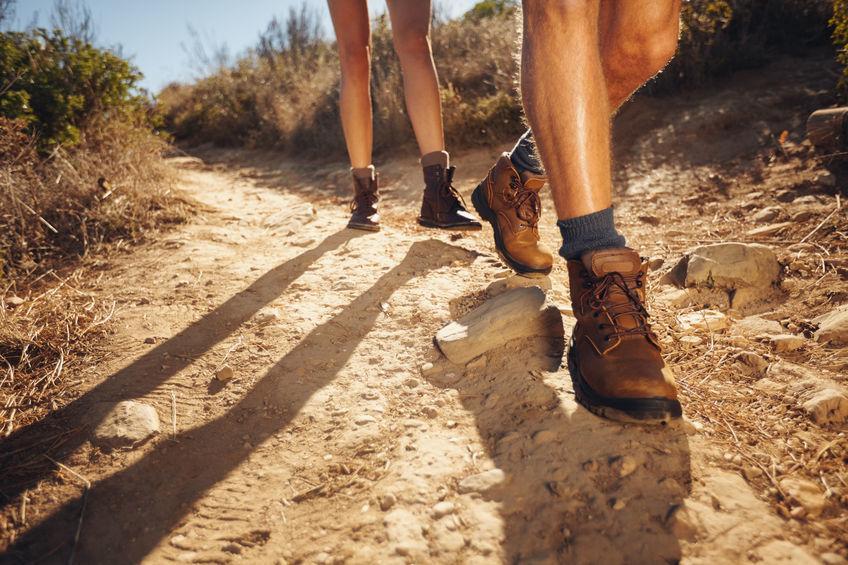Hot Foot On The Trail: How To Treat And Prevent Blisters
Blisters on the feet are small, fluid-filled sores that can vary in size. Blisters are common on the feet and can make walking and standing for long periods of time painful and difficult. Typically, blisters on the feet are caused by friction. Hiking for several miles puts pressure on the toes, soles, and heels. The further a person hikes, the greater the risk for blisters.
Other culprits for blistering feet
Not every hiker develops blisters, though blisters can be a result of poorly-fitting shoes that rub against the skin. Other culprits for blisters include excessive perspiration or moisture. This is particularly common in people who are hiking during the summer months. Small blisters can form when sweat blocks the pores in the feet.
Beating the blisters
A foot blister caused by pressure or friction usually resolves within a day or two with home treatment. If a blister doesn’t heal or worsens, people should see a doctor. People who have a blister and who experience nausea or fever should also see a doctor as the blister may be infected.
Home treatments for blisters include cleaning the blister with antiseptic and sterilizing a needle with rubbing alcohol. The needle can be used to make a small puncture in the blister so that the fluid can drain. Once drained, the antibacterial ointment should be applied to the blister. The blister should then be covered with a bandage.
Keeping foot blisters at bay
There are simple steps hikers can take to prevent foot blisters. The first step is to make sure that hiking shoes are neither too tight or too big, as having shoes that don’t fit well will cause friction and result in blisters. Wearing an insole can provide extra padding for the sole of the foot and ease the pressure while walking. Hikers should ensure that the feet are dry by wearing fresh socks and applying foot powder. Moisture-wicking socks will help feet to breathe better.
Avoid triggers
If a person has foot blisters which have been triggered by an allergen, such as foot powder, lotion, or soap, the irritant should be avoided. Foot blisters that are caused by an underlying medical condition should be treated by a doctor. People who have blisters that last longer than a week should seek medical advice.





